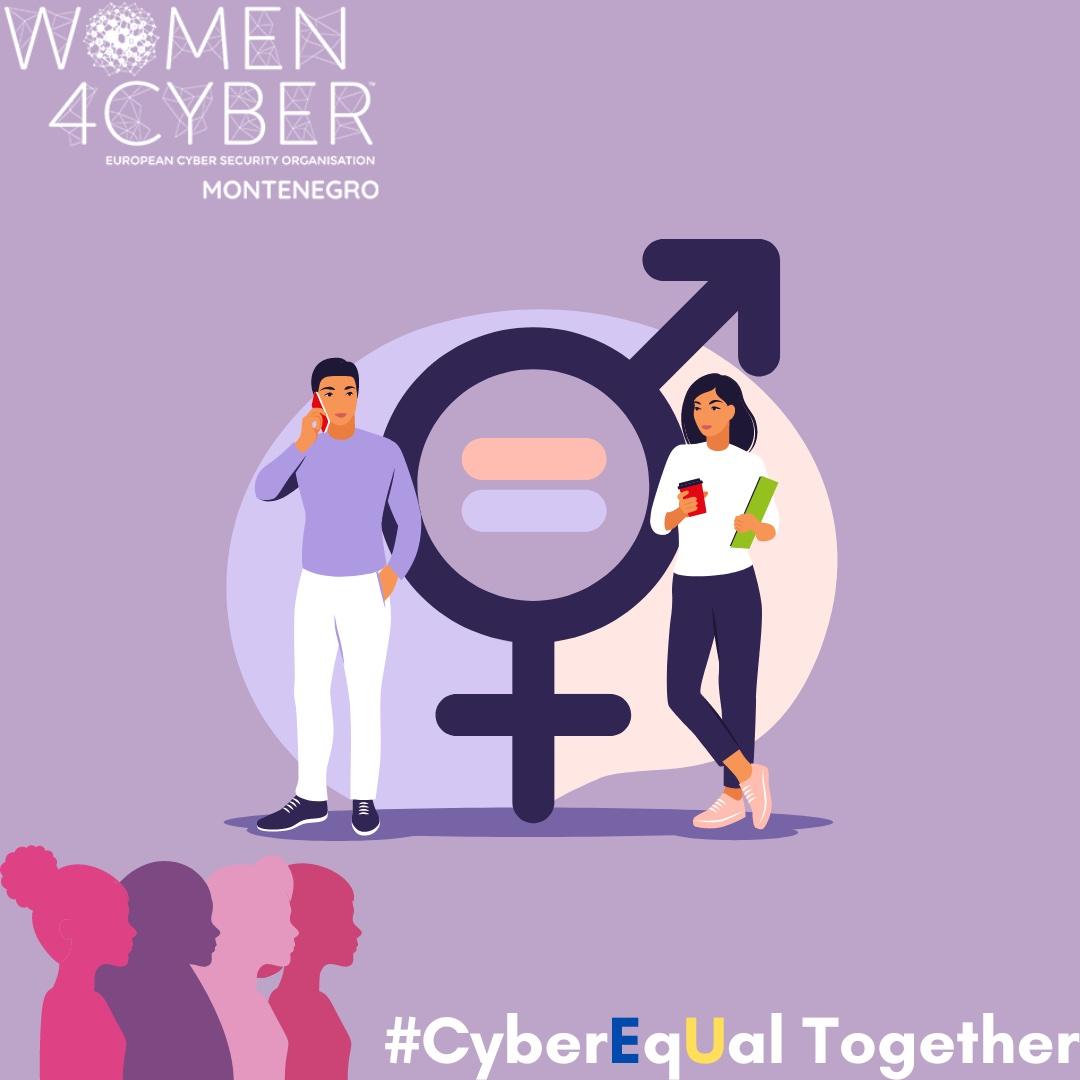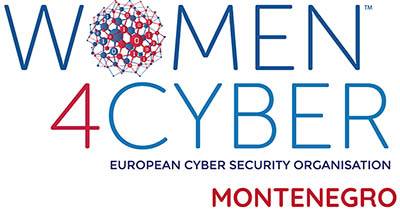In today’s digital age, the intersection of cybersecurity and gender equality is receiving increasing attention.
Cybersecurity, as a field of critical importance for the protection of sensitive information and infrastructure from digital threats, should not be characterized by pronounced gender inequality and the insufficient representation of women, as has long been the case. Bridging this gap is not only a matter of promoting equality but also of enhancing the efficiency of cybersecurity measures.
At the EU level, gender equality has been elevated to the status of a fundamental value. The EU’s commitment to this principle extends to the field of cybersecurity, recognizing the need for greater participation of women in this area, thereby positively impacting the development of innovations and comprehensive security strategies. The EU’s Digital Strategy places a special focus on the importance of a qualified workforce to maintain Europe’s competitiveness and security in the digital era. This is particularly significant from the perspective of gender equality, including specific actions to support women’s participation in the digital economy.
Empowering women in cybersecurity is a mission that can only be accomplished through a comprehensive, inclusive approach, as promoted by the EU. The first step involves educational and training programs tailored to women, aimed at acquiring specific skills essential for cybersecurity. Through support programs, scholarships, and mentorships, the EU influences the increased participation of women in science, technology, and engineering, directly qualifying them for active participation in the field of cybersecurity. Following this, the creation of inclusive working environments and continuous efforts to raise awareness of the contributions of women in cybersecurity are crucial. Highlighting the achievements of numerous distinguished and successful female professionals in cybersecurity encourages the normalization of women’s presence in the industry. This is particularly important for building the future, as it provides brilliant role models for young women pursuing this profession and for those who, with the empowerment and encouragement provided in this way, will decide to step into the world of cybersecurity.
Achieving a strong connection between cybersecurity and gender equality is a necessary condition for a safer, fairer, and more inclusive digital future. The benefits of such an approach are by no means limited to merely conquering another field where women achieve equal status; they are far-reaching and reflected in the contribution that women’s participation in cybersecurity makes to the mission of achieving security in cyberspace.
Nina Perišić












